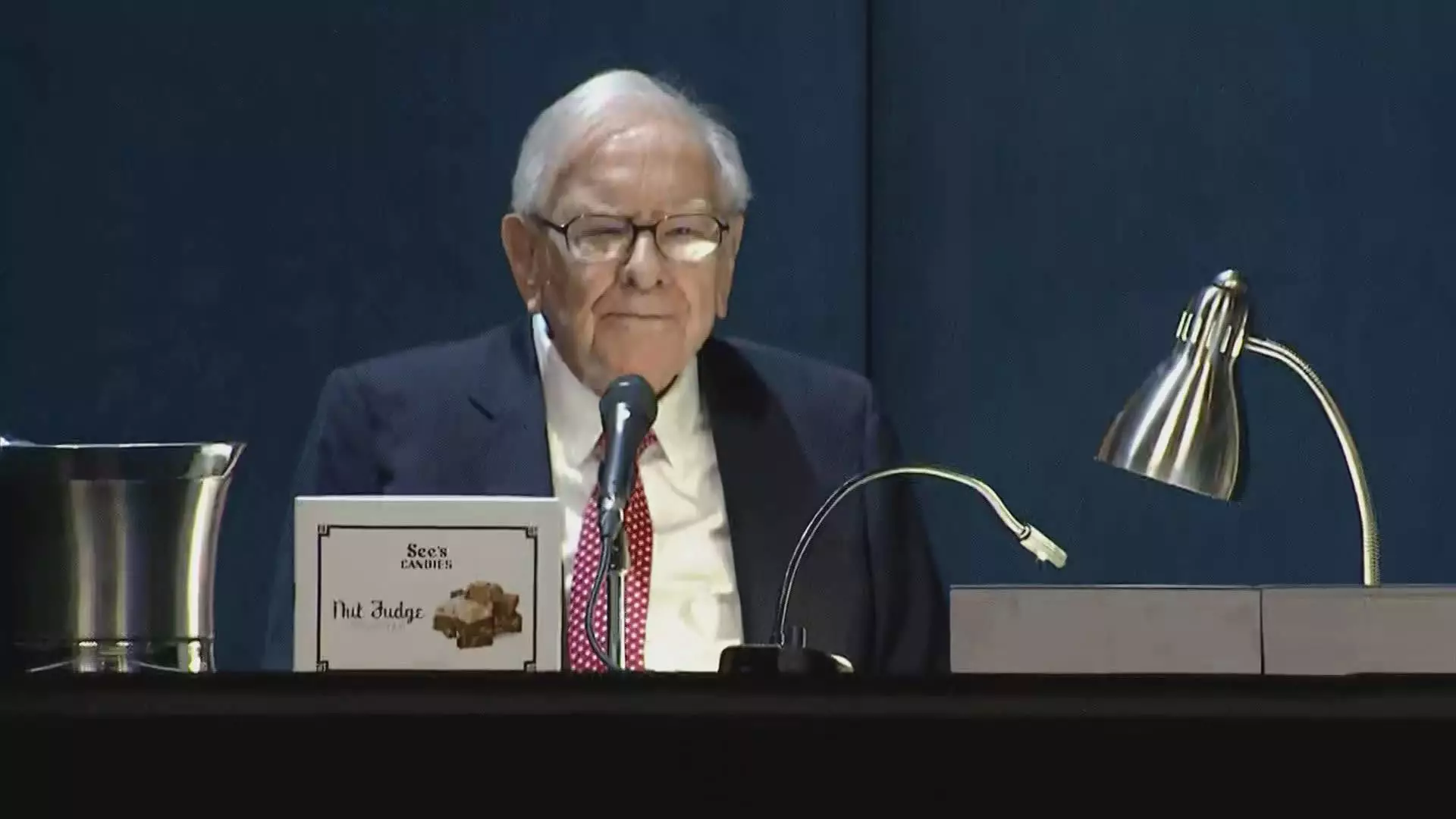Warren Buffett, renowned for his investment acumen, has once again made headlines by selling a notable portion of his Apple shares. This move marks the fourth consecutive quarter in which Berkshire Hathaway has downsized its largest equity holding. Reports from the company’s third-quarter earnings reveal that the conglomerate held $69.9 billion in Apple shares at the end of September. This situation highlights a substantial shift, as Buffett offloaded nearly a quarter of his stake, leaving approximately 300 million shares still in Berkshire’s possession. Comparatively, this represents a staggering decline of 67.2% in the stake since the same period last year.
The timing and scale of Buffett’s sell-off raise questions among investors and analysts alike. Starting in the fourth quarter of 2022, the legendary investor began to strategically trim his Apple holdings. Most notably, in the second quarter of the current year, he executed a surprising sale that effectively cut nearly half of his investment in the tech giant. Such a drastic move prompts speculation about what might be driving these decisions. Factors such as high market valuations and a desire to diversify the portfolio could be contributing to the decision to reduce Apple’s dominance in Berkshire’s equity portfolio—where it had previously accounted for a staggering 50%.
Buffett’s rationale for the continuous selling of a stock that was once a cornerstone of his portfolio offers several possible explanations. During the annual Berkshire meeting in May, he hinted at a potential increase in capital gains tax rates, surmising that the U.S. government may seek to address rising fiscal deficits. However, the breadth of the sales has led to speculation that there could be deeper motivations beyond mere tax avoidance. His initial investments in Apple date back to 2016, a venture prompted by his investment deputies, Ted Weschler and Todd Combs. Before this foray into technology, Buffett had shied away from the sector, citing concerns about operating outside of his expertise.
Buffett’s relationship with Apple has evolved dramatically over the years. Initially dismissive of tech firms, he eventually recognized the brand’s intrinsic value, motivated by its loyal customer base and the irreplaceability of its flagship product, the iPhone. Apple grew to be Berkshire’s largest equity investment and even received acclaim from Buffett as one of the most significant businesses, next to his insurance interests. However, the recent sales signal a change in how he views this relationship, likely reflecting a recalibration of his investment philosophy in response to market dynamics.
As Buffett navigates the complexities of the stock market, his decision to ramp down his stake in Apple coincides with an increase in Berkshire’s cash reserves, which reached a record high of $325.2 billion in the third quarter. This figure underscores the company’s strategic pause in share buybacks, contributing to a financial position poised for potential future investments or acquisitions. Despite Apple shares rising 16% year-to-date, falling short of the S&P 500’s 20% increase, it remains to be seen how this downturn in investment will shape both Buffett’s personal investment narrative and Berkshire Hathaway’s future endeavors in an increasingly volatile market environment.

